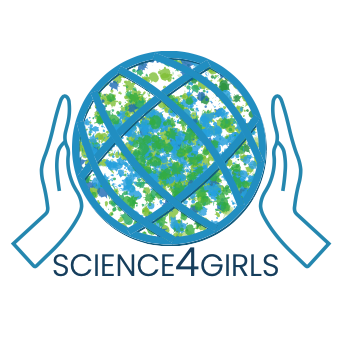Education is the key to successfully shaping the society of tomorrow, particularly within the areas of science, technology, engineering and mathematics (STEM). However, statistics show that enrolments in STEM-based degree programmes are decreasing. This may lead to problems not only for the industrial sector but also for research and development in a much wider perspective.
Science4Girls is a project dedicated to promoting gender equity in STEM education, inspiring and empowering girls to pursue careers in science, technology, engineering, and math. By providing access to innovative teaching methods and resources, we aim to break down the barriers that prevent girls from pursuing their passions and contributing to the field of science.
As part of this mission, students participants in the Science4Girls project were given the opportunity to undertake a range of missions in their local communities. The girls chose what to work on and organised their own work, with teacher providing guidance and support, but with the girl teams squarely in the driving seat. These missions included creating awareness around climate change, and working with local businesses to develop innovative solutions to environmental challenges. Through these missions, students gained hands-on experience in science, technology, engineering, and mathematics (STEM) fields, while also learning important skills such as project management, teamwork, and communication.
The students’ missions were designed to be not only educational, but also inspiring and empowering. By working on real-world projects that directly impacted their communities, students were able to see the positive impact that science and technology can have in their lives and for people around them. They also gained a sense of agency and purpose, as they were able to contribute to the creation of a more sustainable and equitable world.
Overall, the Science4Girls project’s missions were a powerful demonstration of what can be achieved when young people are given the opportunity to work on meaningful, real-life projects in their local communities. We hope that the lessons learned through these missions will inspire future generations of young people to pursue careers in science and technology, and to use their skills to create a better world for all.
